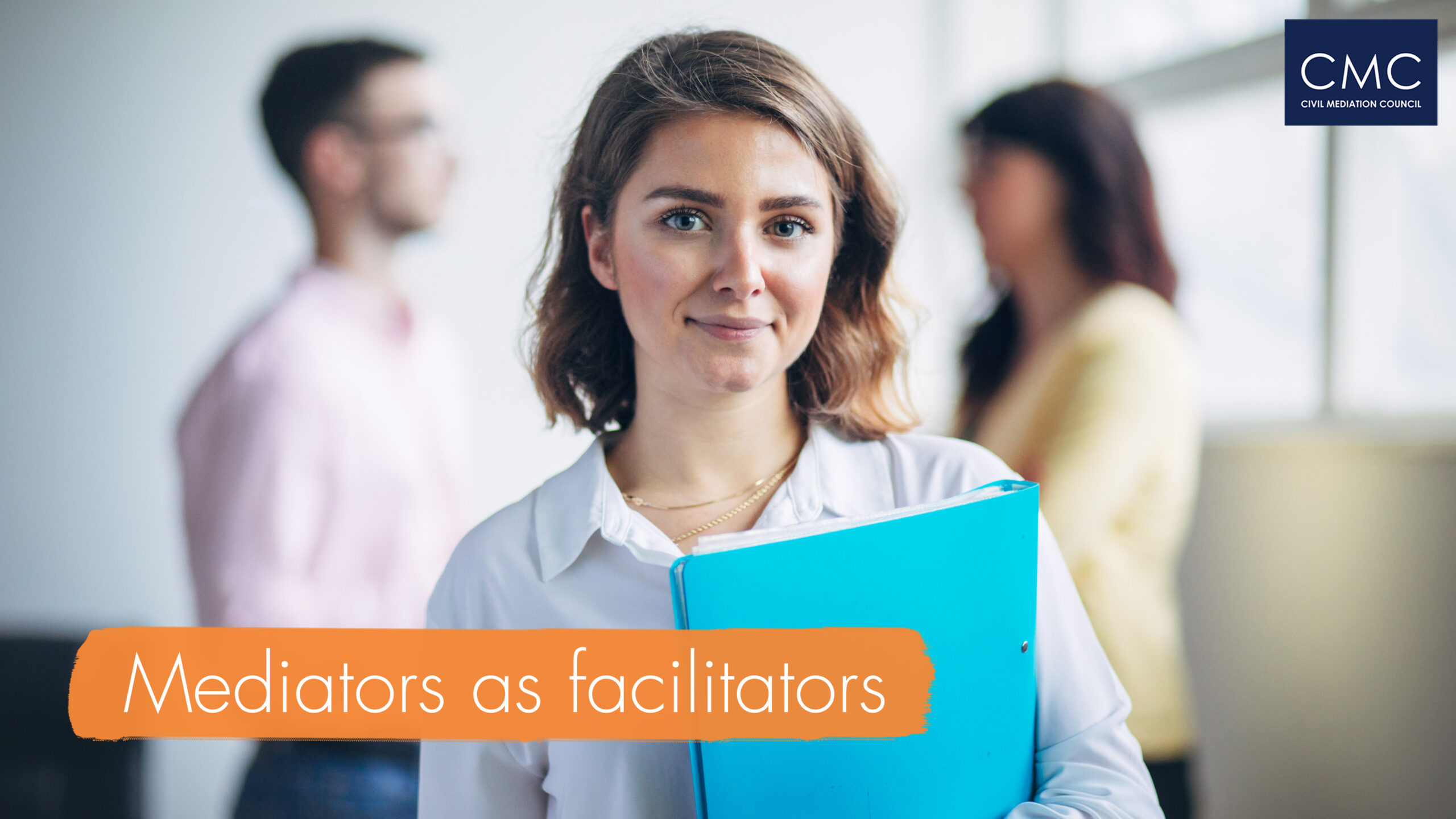Emotions – The Under-Expressed and the Over-Expressed
Emotions – The under-expressed and the over-expressed
BY NICK ADLINGTON
Nick Adlington from go dialogue examines the effect emotions can have on mediation. How can mediators facilitate expression during a session that is productive to the outcome? Have you experienced under-expressed and over-expressed emotions in conflict?

What do we mean by “conflict”? What do we mean by “peace”? What do we mean by “conflict resolution”? What do we mean by “conflict transformation”?
This article aims to encourage and support continuing reflection on the work that we are engaged in as mediators. This process of reflection can be a pillar in helping us develop our practice and maintain a flexible approach to the conflicts we engage with.
We need firm ground from which to work from; for example, a core training in mediation may be one aspect of this. However, I contend that every conflict we engage with is a unique expression of a momentary difficulty and to this end maintaining a wider perspective and fluid approach to the conflict and participants we sit with can be incredibly helpful. What does this conflict call for? What does it engender in me as a mediator?
Let’s use this space to examine one aspect of conflict and the role of the mediator in a little more detail. I find conflict can often arise when something personal and important to one of the people involved stays in the shadows, unexpressed. In workplace and intra-family mediations I often find that one or both people have been unable to express directly to the other thoughts and feelings that hold charge/are very important to them.
This “personal, important but unexpressed” can lead to a build-up of tension which in turn can sometimes lead to this unexpressed being expressed in a way that is harmful to the relationship.
This could be overt expression through, for example, heightened emotion such as “big anger” or violence. Equally it could be covert expression, for example, where someone is derisory about a colleague behind their back. Or it could overtly or covertly be turned inwards back towards the self, for example self-blame and an associated lowering of mood and confidence perhaps, self-harm, or at its most distressing, suicide.
Whether the expression is overt, covert or something in-between; whether it is played out in the environment with others or behind closed doors within the self; the result of the “personal, important but unexpressed” is the same………..conflict.
Therefore, perhaps conflict can be a rich opportunity, it reveals the possibility of looking at something previously hidden yet that has seemingly now become detrimental to the person and people concerned. To this end, I believe conflict should be embraced, treasured even.
As professionals working in the field of conflict resolution, I’m proposing that one of our roles is as a “facilitator of expression”. In mediation, one of the things we do is support contact and expression between those that are finding this difficult for whatever reason. We hold a space for expression, in a way that is modulated and channelled to the health and benefit of all concerned.
As people’s nervous systems respond to the conflict situation, modulated expression can become difficult. In our role as facilitators of expression, we support bearable contact between those involved in the conflict. The mediator can be a key ingredient in supporting expression that does justice to what needs to be said and helping what is said to have the best chance of being heard. Clearing space in the middle ground of the under-expressed and the over-expressed for a meeting.
In this article I’ve been exploring the under-expressed and the over-expressed and the role of the mediator in such a dynamic. I’ve named this aspect of the role as the “facilitator of expression”. I’m interested in exploring what this looks like in practice and will continue the theme in the next article.
Wishing you the very best as you live in the world with yours and others’ conflicts. Let’s continue to work on this together.
This article was first published by the dwf group.




